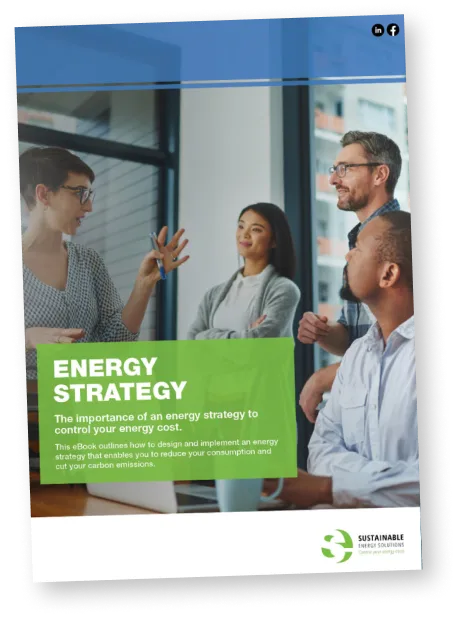Learn why ESG in the supply chain matters more than ever, in our latest article by Caroline Beshay, SES Key Account Manager.
The growing importance of ESG in the supply chain
The supply chain is one of the key aspects of any business. And in today’s eco-conscious corporate landscape, it’s crucial to make sure that your company’s supply chains are managed in a way that is ethical, sustainable, and socially responsible.
That’s where Environmental, Social, and Corporate Governance (“ESG”) comes in.
ESG and the supply chain
ESG has been growing in importance for years as a way for businesses to ensure that they are making ethical, sustainable choices and acting responsibly. Its history stretches back to the late 2000s when the very first frameworks were put in place.
Today, how to treat ESG issues effectively is considered one of the most significant business questions for a number of reasons:
- As the world becomes increasingly aware of the negative externalities associated with unethical and unsustainable business practices, companies are being forced to consider how they can ensure their operations (including their supply chains) don’t contribute to these problems.
- There is heightened corporate scrutiny. Consumers—both businesses and individuals—and investors alike are more inclined to choose businesses that align with broader societal expectations.
- Paying attention to ESG concerns does not compromise financial returns. Instead, the opposite holds true.
As more businesses realise how important it is to make sure their supply chains are ethical and sustainable (factors that often go hand in hand), we’re seeing an unprecedented rise in corporate interest in ESG issues.
That corporate supply chains are increasingly examined shouldn’t come as a big surprise. In Australia, for example, the transportation sector was responsible for 18.9% of all greenhouse gas emissions in 2019.
Outside environmental concerns, supply chains also carry the potential for tremendous social impact (the S in ESG). We’ve seen how past exploitative practices can negatively affect people all over the world.
Andrew Reuss, Director of Sustainable Energy Solutions explains,
“As many large national and multinational businesses pursue significant 2030 emission reduction targets, it’s apparent that the impact of Environmental Social Governance is filtering down the supply chain, in a bid to meet their own standards. Many of these businesses are unprepared and it’s no longer something that they can ignore. It may be a case of those who don’t comply, no longer get the business.”
Need help with the E part of ESG?
A Strategic Energy Plan will help your business reduce your energy consumption, cut greenhouse emissions, achieve sustainable long-term savings, and is an integral part of your company’s ESG.
If your business is looking to create a strategic Energy and Carbon Reduction Roadmap, simply email energy@sustainablees.com.au or fill out our contact form.

